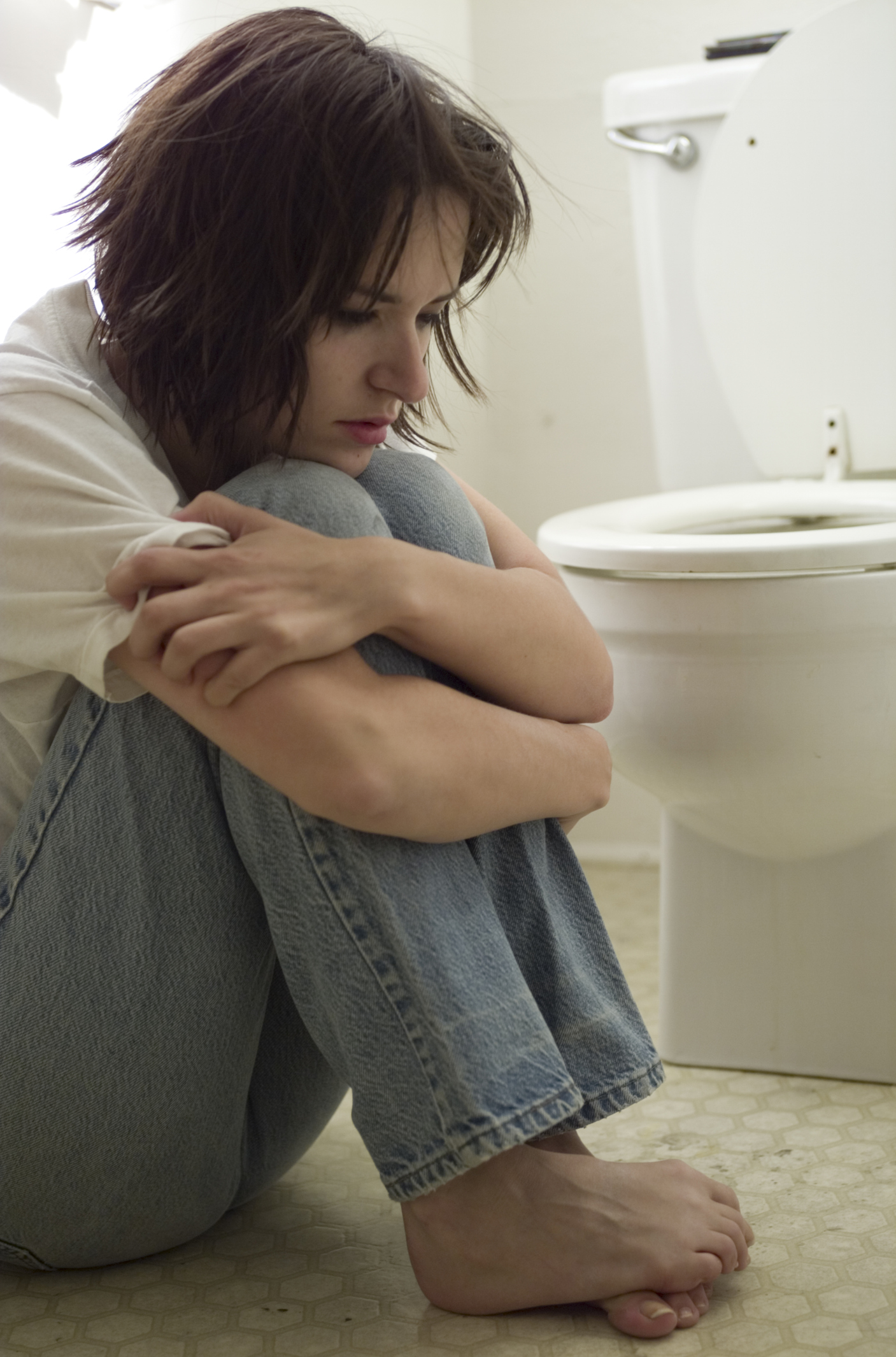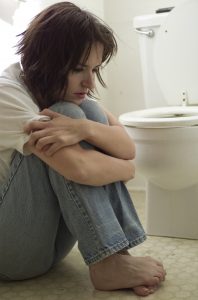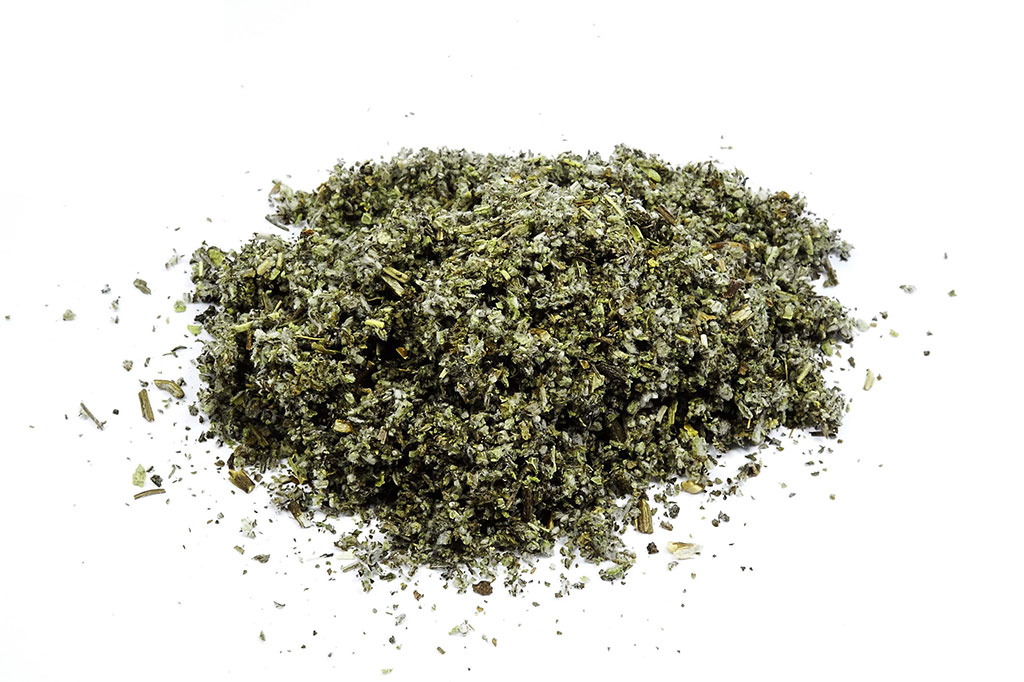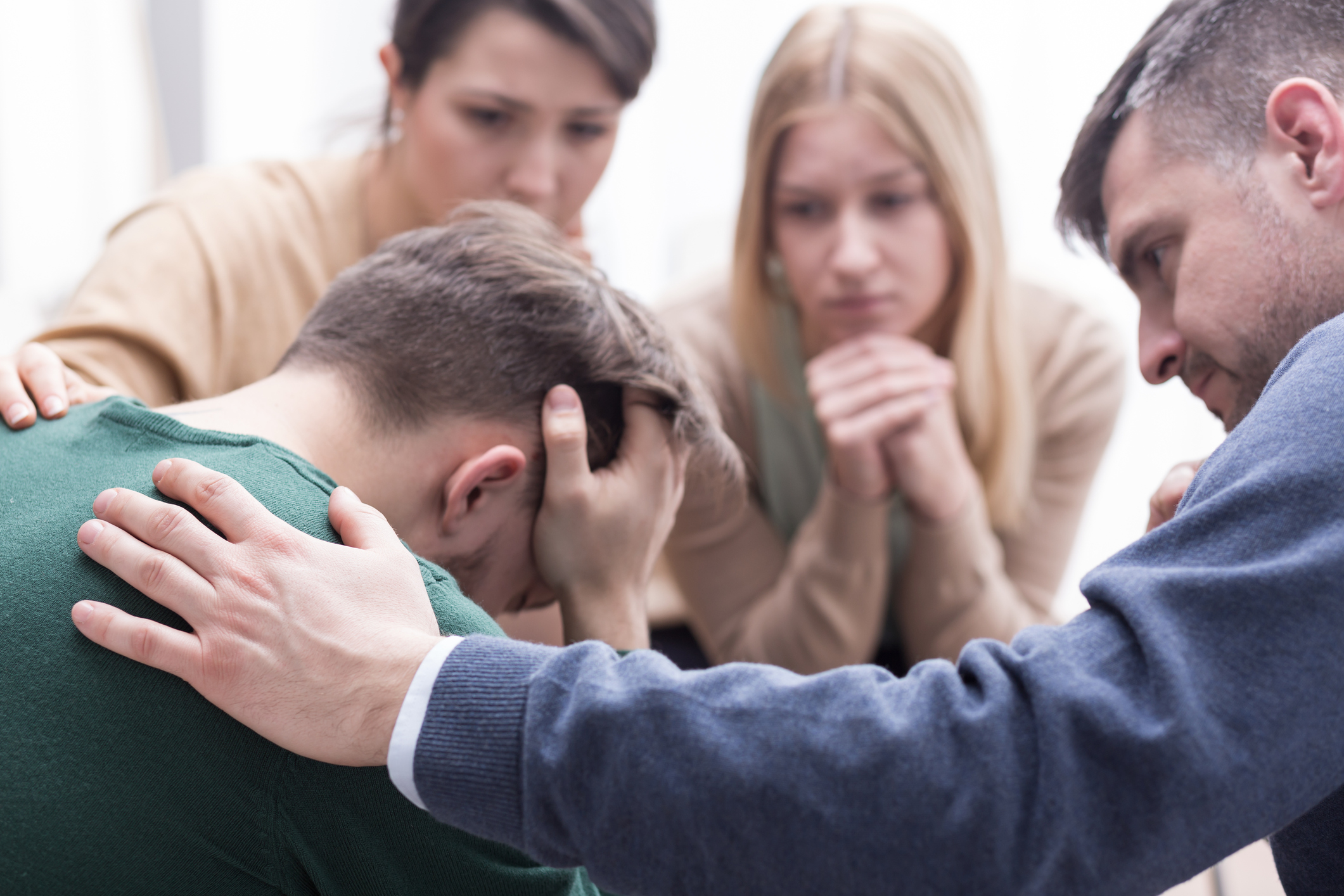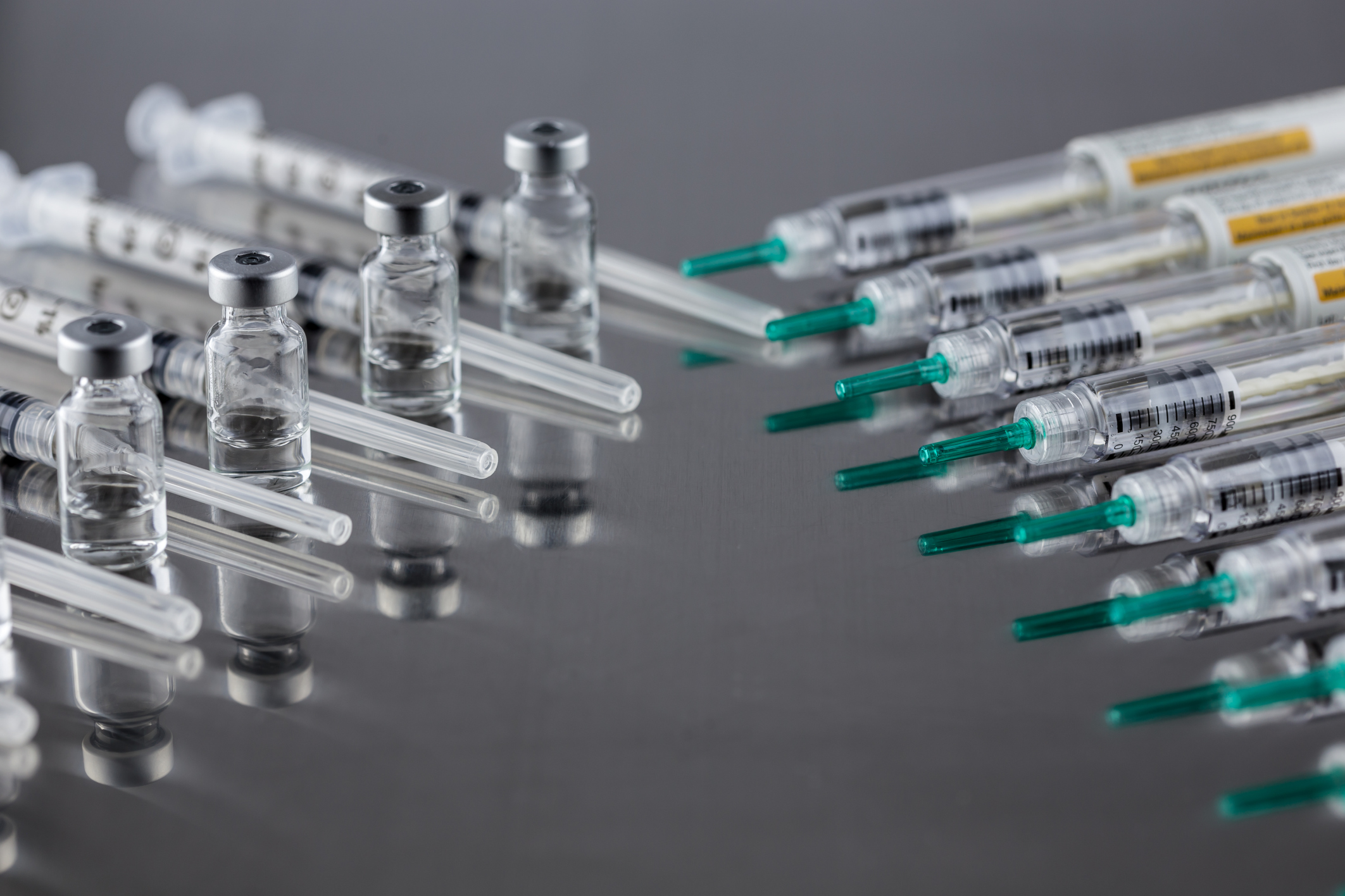
Obama And Macklemore Discuss Opioid Crisis On MTV
November 16, 2016
The Surgeon General’s Report On Alcohol And Drug Abuse
November 22, 2016No one probably told you to expect this when you stopped taking those pills, right? You probably chalked it up to having the flu or stomach poisoning. You may feel like you are going to die or like you are crawling out of your skin. Nothing that you do makes you feel comfortable; not a warm shower or your own bed. You can barely even sit still and attempting to keep food down is absolutely out of the question. Sounds a lot like opiate withdrawal. If it is, it is completely normal to feel this way, but how do you make it stop? If you or a loved one is experiencing something similar to this, you may have thought to yourself:
Is this actually opiate withdrawal that I’m feeling?
How do I get through this without using?
What are the signs & symptoms of opiate withdrawal?
What can I do to help my loved one through this process?
Our admissions coordinators are available 24/7 to answer any questions you may have as you consider whether treatment at Clearbrook Treatment Center is right for you or your loved one.
Am I Experiencing Opiate Withdrawal? What Are The Signs & Symptoms?
First of all, you have to evaluate your situation. No one can determine what you are feeling. You have to be honest with yourself and the people around you. Have you been prescribed pain medication from a doctor and have been taking it for quite some time now? Have you been abusing drugs such as Vicodin, Percocet or OxyContin? Meaning, have you been taking more than prescribed or using the narcotic illegally, without a prescription? Have you suddenly and abruptly stopped taking the medication and now you do not feel like yourself? Then yes, that could very well be an opiate withdrawal.
Initially, how does a person become dependent or addicted to opiates? Dependence can occur without a person even realizing it. A doctor may prescribe the medication for an extended period of time, which then in turn, can cause addiction. Due to the way opioids work on the receptors in the brain, the body eventually craves and needs the chemical to function in a normal fashion. When the body stops receiving the opioid abruptly, it goes into shock, or in other words, withdrawal. What could you expect from an opiate withdrawal?
Opiate withdrawal can occur within hours of a person’s last dose. While the symptoms may only be mild, they are still uncomfortable all the same. Mild symptoms can include but are not limited to, irritability, runny nose, dilated pupils, tearing, and restlessness. Moderate and more severe withdrawal symptoms can begin to occur 2 days after an individual’s last dose and can last up to several days, even weeks afterward. Those symptoms include: insomnia, muscle and joint pain, diarrhea, vomiting, restless legs, excessive sweating, cold flashes, anxiety and depression.
How Do I Get Through This Process Without Using?
You wonder how you are ever going to make it out of this feeling alive. You tell yourself there is no way to possibly do it, and would much rather die, than go through one more minute of this torturous hell. We understand. Many of us have been there ourselves. Many of us have also struggled to do it alone, and wound up using over and over again, just to staunch the pain of opiate withdrawal.
The constant chill that runs through your body, that feeling of fatigue that comes over you when you’re doing something as simple as brushing your teeth, the urge to vomit even when you haven’t eaten in days, the sneezing, the jumpy legs, the anxiety. We know the feeling. We also know the only way we’ve been able to get through that excruciating process without picking up again, was by asking for help and seeking the assistance of professionals.
Is it possible to detox from opiates alone at home? Sure, anything is possible. But what’s the likelihood of you being successful? Is it actually safe to do alone? As with any addiction to drugs and/or alcohol, attempting to detox without the supervision of medical professionals is not only dangerous, but could be life-threatening in some cases. Furthermore, opiate withdrawal symptoms, whether acute or post-acute, are typically a leading factor into relapse or continued use. If you are experiencing opiate withdrawal, we recommend you contact a treatment provider or other trained professionals immediately. You don’t have to be alone in this process.
What Can I Do To Help My Loved One Through Opiate Withdrawal?
You may have asked yourself a time or two, while helplessly watching your loved writhe in pain, what can I do to stop this? You may have even thought, “I’d trade places with them a hundred times over, just to make them better.” That, unfortunately, is not reality. Trading places is not an option, and honestly, there’s not many things you can do to fix it or stop the opiate withdrawal from happening. Nevertheless, there are plenty of options to help the addict in your life.
The first thing you would want to do is make sure the individual even wants and is willing to accept help. If they do not, then unfortunately there is nothing more you can do at this time. Let them know when they are ready to make a change and want help, that you will be there to support them in any way you can. If they are willing to accept help and want to go to treatment, there are many ways to go about it. For a full “How-To-Manual” on drug treatment, CLICK HERE! In this pamphlet, you will find answers to questions on everything from interventions, to insurance providers, to what to expect, and post-treatment options.
Get a Free Insurance Verification Today!
"*" indicates required fields
Contact Clearbrook Now
If you or a loved one is suffering from addiction and even possibly opiate withdrawal, contact Clearbrook today. Attempting to detox “cold turkey” and alone is not only uncomfortable and painful, but can also be very dangerous. With our state-of-the-art detox unit, we can provide you with a safe, medically supervised withdrawal process, which will ensure a higher potential for continued sobriety. Contact our Admissions Specialists today for further information about our programs and services. We are available 24 hours a day.
ARE YOU OR SOMEONE YOU CARE ABOUT STRUGGLING WITH DRUGS OR ALCOHOL?
CALL CLEARBROOK TREATMENT CENTERS NOW AT (570) 536-9621.

